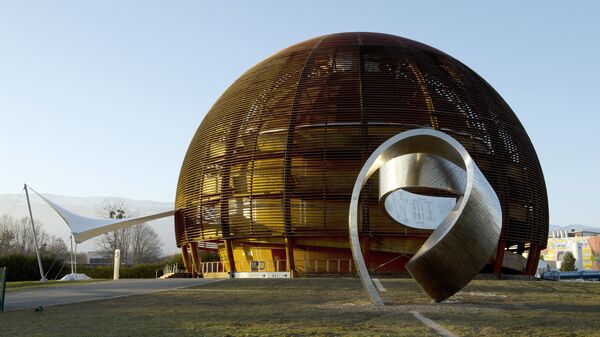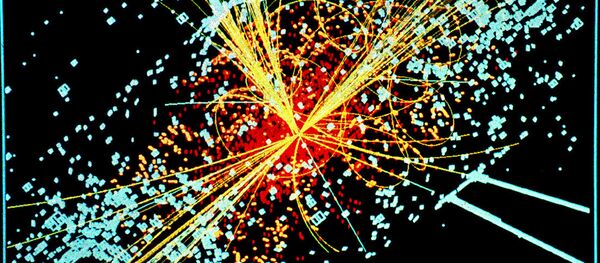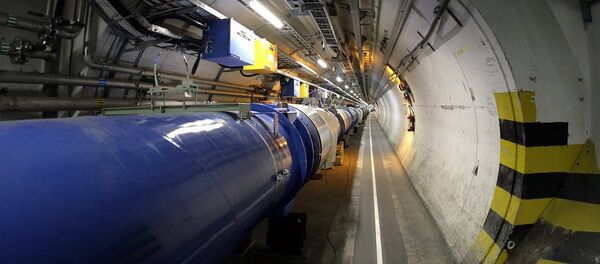Scientists at CERN have created a module for the brand-new accelerator measuring only two meters long. It would be possible to deploy it in medical facilities for production of isotopes, which are essential for cancer therapy, according to scientists’ report.
CERN completes 1st module of a new miniature accelerator with potential medical applications: http://t.co/9yK6A4UkYg pic.twitter.com/Yjrb8g4i8I
— CERN (@CERN) 3 июля 2015
“[A]t first it seemed impossible, but eventually, thanks to new beam dynamics and innovative ideas for the radiofrequency and mechanical aspects, we came up with an accelerator design that was much better adapted to the practical requirements of medical applications,” Alessandra Lombardi, one of the creators of "mini-RFQ," said.
CERN provides particle accelerators and other infrastructure needed for high-energy physics research.



